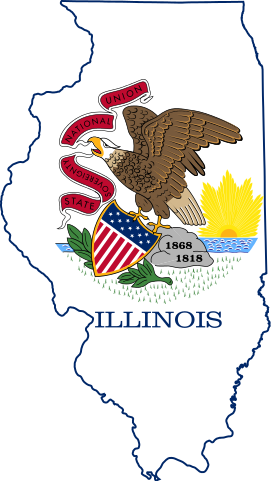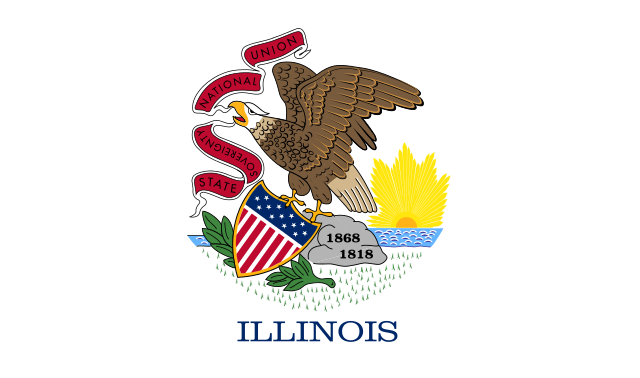Illinois is gearing up to make a higher payment this year to its largest public pension system.
The Teachers’ Retirement System of Illinois will be receiving a $3.72 billion contribution from the state in FY 2015-16. That payment is over $300 million higher than last year’s.
From the Pekin Daily Times:
The Teachers’ Retirement System board of trustees has given preliminary approval to a state contribution to the system of $3.72 billion for the budget year that starts July 1, 2015. That’s a $307 million increase from the state’s contribution for downstate teacher pensions in the current budget.
About $200 million of the increase is the result of TRS lowering the estimated rate of return it expects to get on its investments, said TRS spokesman Dave Urbanek.
Earlier this year, TRS reduced the estimated rate of return from 8 percent annually to 7.5 percent, which brought TRS into line with anticipated returns used by other major pension systems.
“There are other factors that play into the increase, but that is a big one,” Urbanek said. “We’ve always said that you lower the rate of return the (state) contribution goes up.”
The calculations were made using current state pension laws, not the pension reforms that were passed by the General Assembly a year ago. The pension reforms are on hold while the constitutionality of the law is challenged in court. Another hearing on the case is scheduled in Sangamon County Nov. 21.
TRS said about 70 percent of the annual contribution is devoted to paying off the system’s unfunded liability. TRS is the largest of the five state-funded pension systems. The total state bill for the pension systems in the current budget is $6.2 billion.
The change in TRS’ state contributions has fluctuated in the last couple of years. It actually dropped slightly in the current budget after increasing by $736 million the previous year, according to TRS figures.
TRS manages $45.3 billion in assets and is 44.2 percent funded.

